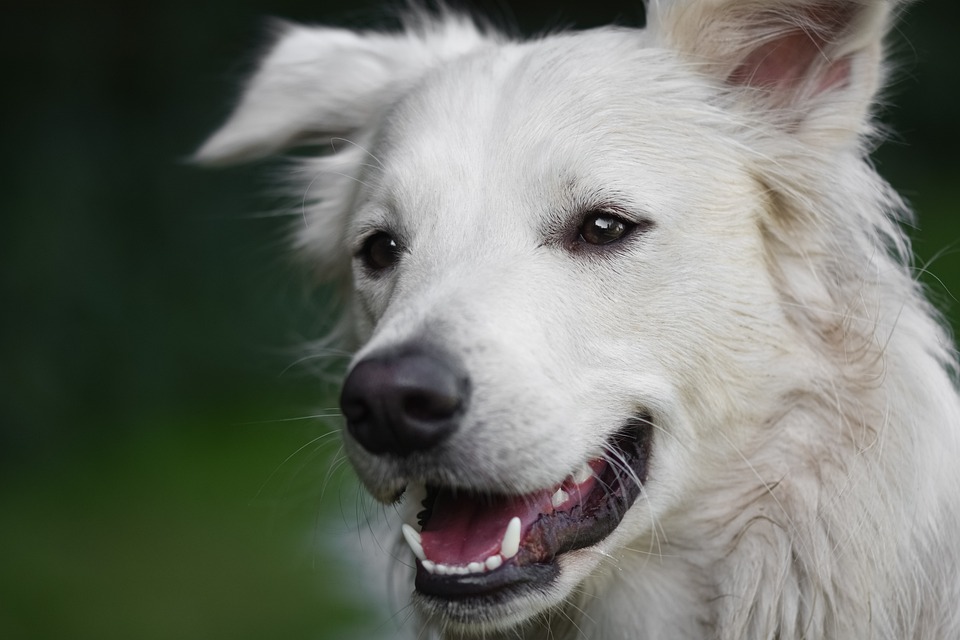Dehydration in dogs is a serious condition that can have detrimental effects on their overall health and well-being. As responsible dog owners, it is crucial to recognize the signs of dehydration and take immediate action to address this issue. By understanding the symptoms and knowing how to handle dehydration, you can help ensure your dog stays healthy and hydrated.
One of the first signs of dehydration in dogs is lethargy and weakness. If your dog is usually active but suddenly seems tired and weak, it may be a sign that they are dehydrated. Another indicator is a dry nose and gums. Normally, a hydrated dog will have moist and cool nose and gums, but dehydration can cause these areas to become dry, sticky, and pale.
Loss of appetite is another common symptom of dehydration in dogs. If your dog shows disinterest in food or water, it could be an indication that they are dehydrated. Additionally, observe your dog’s eyes carefully. Dehydration can cause the eyes to appear sunken or dull, which is a clear sign of inadequate hydration. Excessive panting without any apparent reason is also a sign of dehydration, as dogs regulate their body temperature through panting.
Dehydration can also affect a dog’s urination habits. If you notice that your dog is urinating less frequently or producing dark yellow urine, it may be an indication of dehydration. Changes in the frequency and color of urine are important factors to consider when assessing your dog’s hydration levels.
If you suspect that your dog is dehydrated, it is crucial to take immediate action. The first step is to provide fresh water and ensure your dog has access to clean water at all times. Encourage them to drink by offering water in a clean bowl or using a pet water fountain, which can make drinking more appealing.
It is important to rehydrate your dog gradually, especially if they are moderately or severely dehydrated. Offer small amounts of water frequently, allowing them to drink slowly. In cases of severe dehydration, your veterinarian may recommend giving your dog electrolyte solutions to replenish lost electrolytes and promote hydration. These solutions are available at pet stores or can be prepared at home following your vet’s guidance.
If your dog’s dehydration symptoms persist or worsen, it is crucial to seek professional veterinary help. A veterinarian will assess your dog’s condition, provide appropriate treatment, and identify any underlying health issues that may have contributed to dehydration.
In order to prevent dehydration, ensure that your dog has access to fresh water at all times, especially during warm weather or physical activity. Monitoring their water intake and providing a balanced diet can also help prevent dehydration. It is important to note that certain dog breeds, such as Bulldogs, Pugs, and Boxers, are more prone to dehydration due to their short snouts and respiratory issues. Additionally, older dogs and those with certain medical conditions may be at higher risk.
Dehydration can sometimes be a symptom of an underlying health problem. It can be indicative of kidney disease, diabetes, or gastrointestinal issues. If dehydration is persistent or recurrent, it is advisable to consult with a veterinarian to rule out any underlying conditions.
By being attentive to the signs of dehydration in dogs and taking prompt action, you can help ensure your furry friend stays healthy and well-hydrated. Remember, prevention is key, so always provide your dog with ample access to clean water, especially during warmer months or physically demanding activities.









